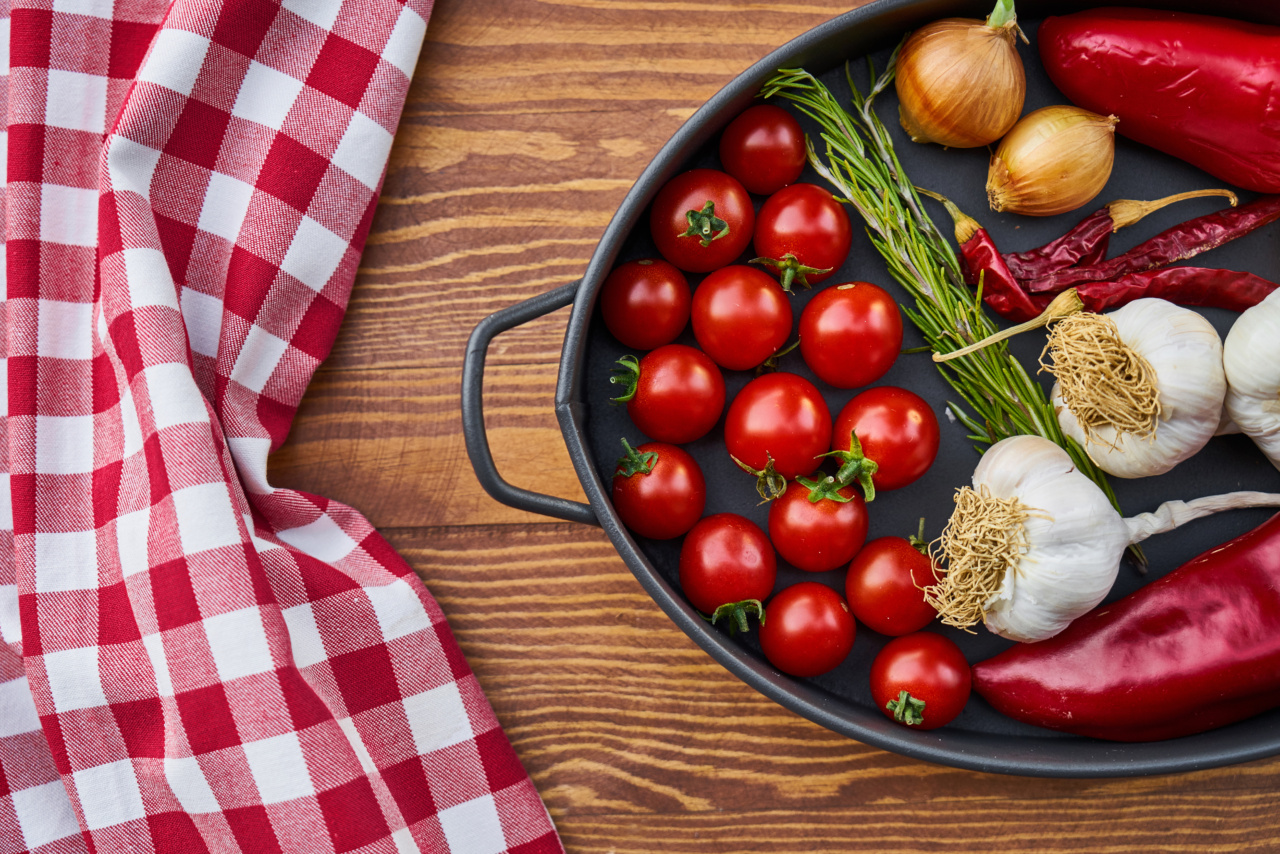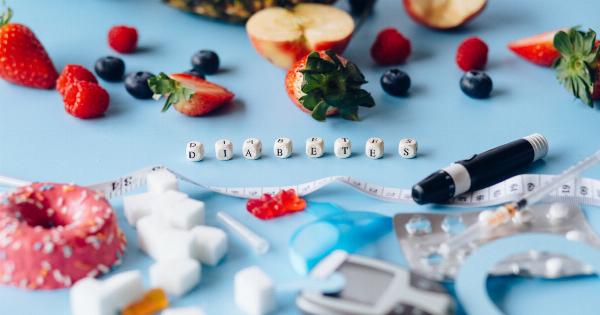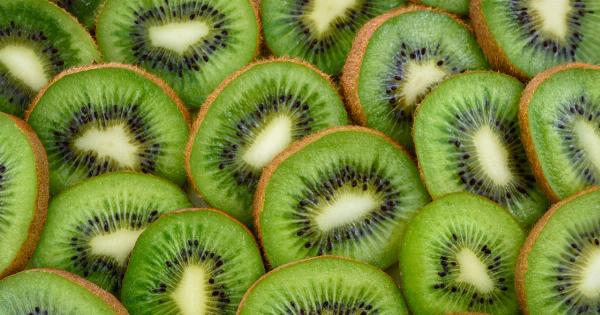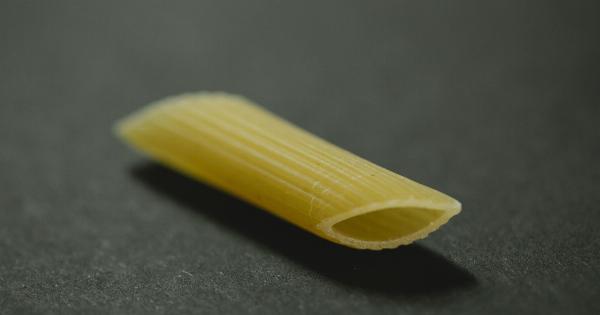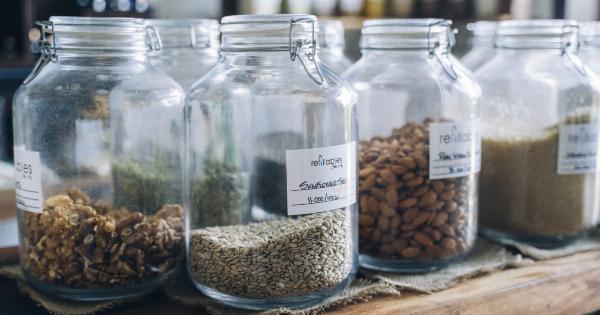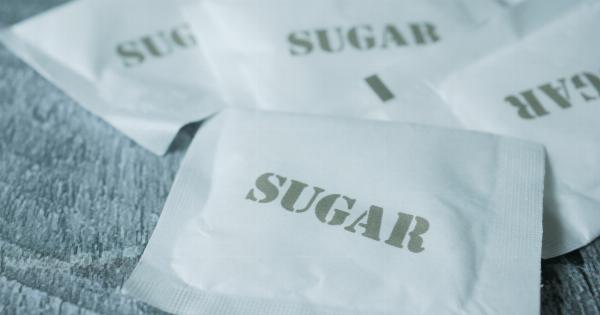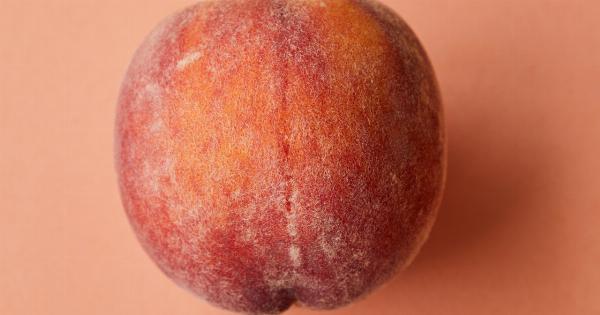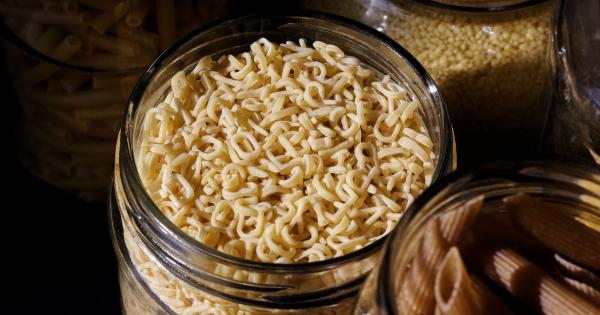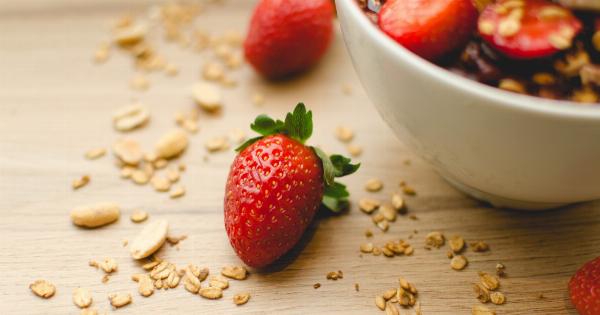Onions are a staple ingredient in many dishes, prized for their unique flavor and versatility. However, cooking onions can sometimes result in a loss of nutrients, making them less healthy to consume.
To avoid this, it is important to know the most efficient ways to cook onions to retain their optimal nutrient content.
1. Cook onions with minimal water
When cooking onions, it is important to use as little water as possible as this will help to retain their nutrient content. This means steaming or sautéing onions, rather than boiling them.
Steaming onions helps to preserve the vitamins and minerals that are water-soluble and can easily be lost during boiling.
2. Use a minimal heat setting
When cooking onions, it is important to use a low heat setting to avoid destroying their nutrient content. Using high heat can break down the flavonoids and other beneficial compounds in onions, making them less nutritious.
Sauté onions on a low flame until they are fully cooked and soft.
3. Cook onions for a short time
Cooking onions for too long can result in nutrient loss and can also cause them to become bitter. Ideally, onions should be cooked for no more than 10 minutes, until they are soft and translucent, but not brown.
4. Avoid overcooking onions
Overcooking onions can cause them to become mushy and lose their texture, which can affect their nutrient content. To avoid overcooking onions, remove them from heat as soon as they become tender.
This will help to ensure that all of the important nutrients are retained.
5. Cook onions with other nutritious foods
To maximize the nutrient content of cooked onions, it is beneficial to pair them with other nutritious ingredients.
Try cooking onions with healthy vegetables like broccoli, leafy greens, and peppers, which will help to increase the nutrient content and diversity of your meal.
6. Use minimal oil
While a small amount of oil is needed to cook onions, using too much can contribute to the loss of important nutrients. Excessive oil can also lead to unhealthy dietary fat consumption.
When cooking onions, try to use just enough oil to prevent them from sticking to the pan. This will help to keep the onions healthy and retain their nutrients.
7. Don’t peel too much
The nutrient-rich outer layers of onions can be easily lost if too much of the onion is peeled away. To retain the optimal nutrient content, it is important to avoid peeling away more than just the thin outer layer.
This will help to preserve the vitamins and minerals that are most concentrated in the onion’s outer layers.
8. Eat onions raw or lightly cooked
If you want to increase your onion intake and maximize their nutrient content, it is best to eat them raw or lightly cooked. Raw onions are packed with vitamin C and other antioxidants that can be lost during cooking.
Lightly cooked or raw onions can be used in salads or as a topping for sandwiches.
9. Use onions as a seasoning
Onions can be used as a seasoning to add flavor and nutrition to a variety of dishes. Try adding diced onions to soups, stews, and casseroles. This is an easy way to increase your nutrient intake and add flavor without adding any extra fat or calories.
10. Store onions properly
Storing onions properly can help to prevent nutrient loss and preserve their optimal flavor. Store onions in a cool, dry place away from light and moisture.
Avoid storing onions in the refrigerator, as this can cause them to become soft and lose their taste.
